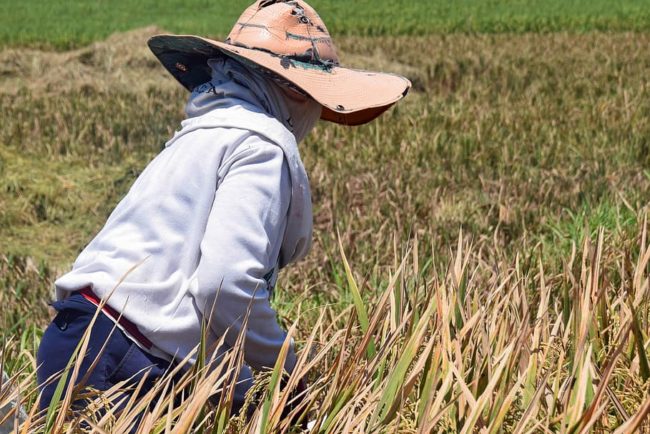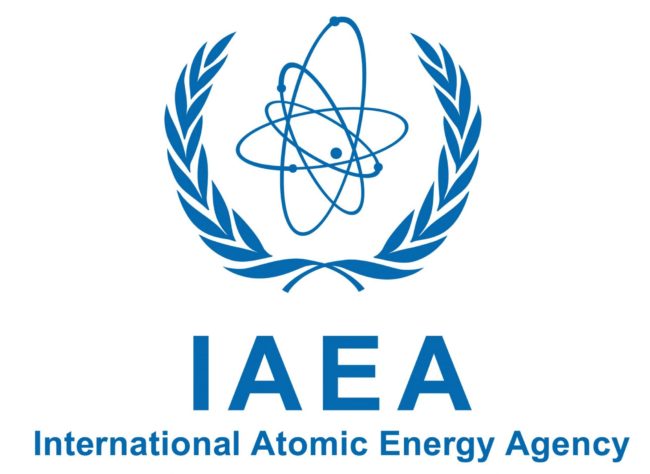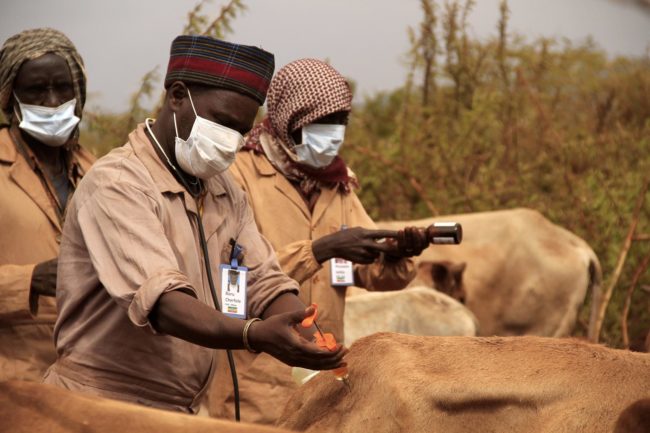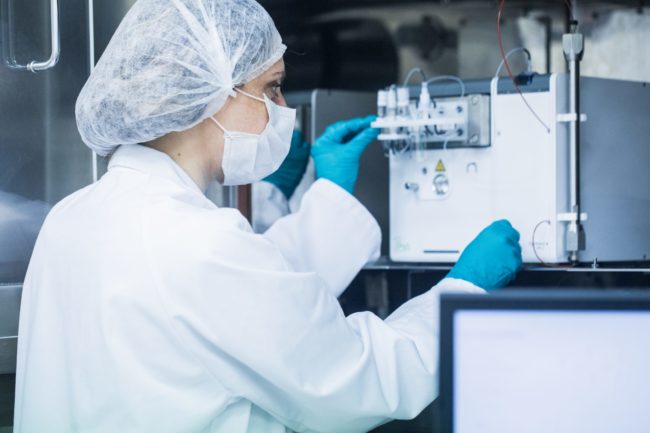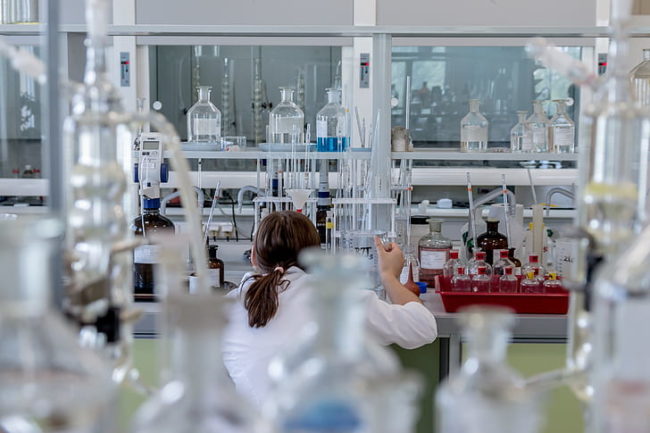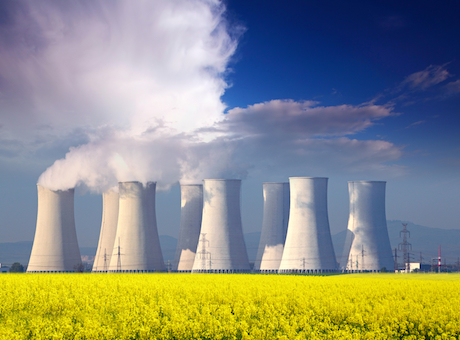Enhancing Food Quality Using Irradiation
Enhancing Food Quality Using Irradiation How to prevent food contamination and waste? Irradiation is a safe and reliable solution, improving food preservation, as well as agricultural technologies and methods. The technology can be used to destroy microbes that cause food poisoning, or to help keep food fresher for longer because it reduces the numbers of…


